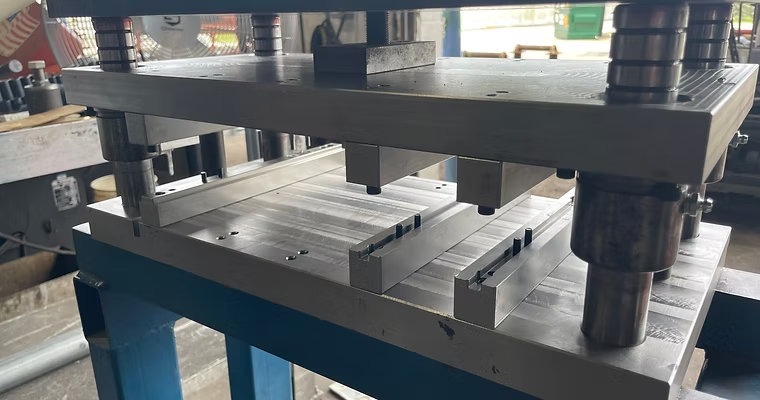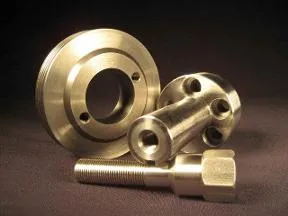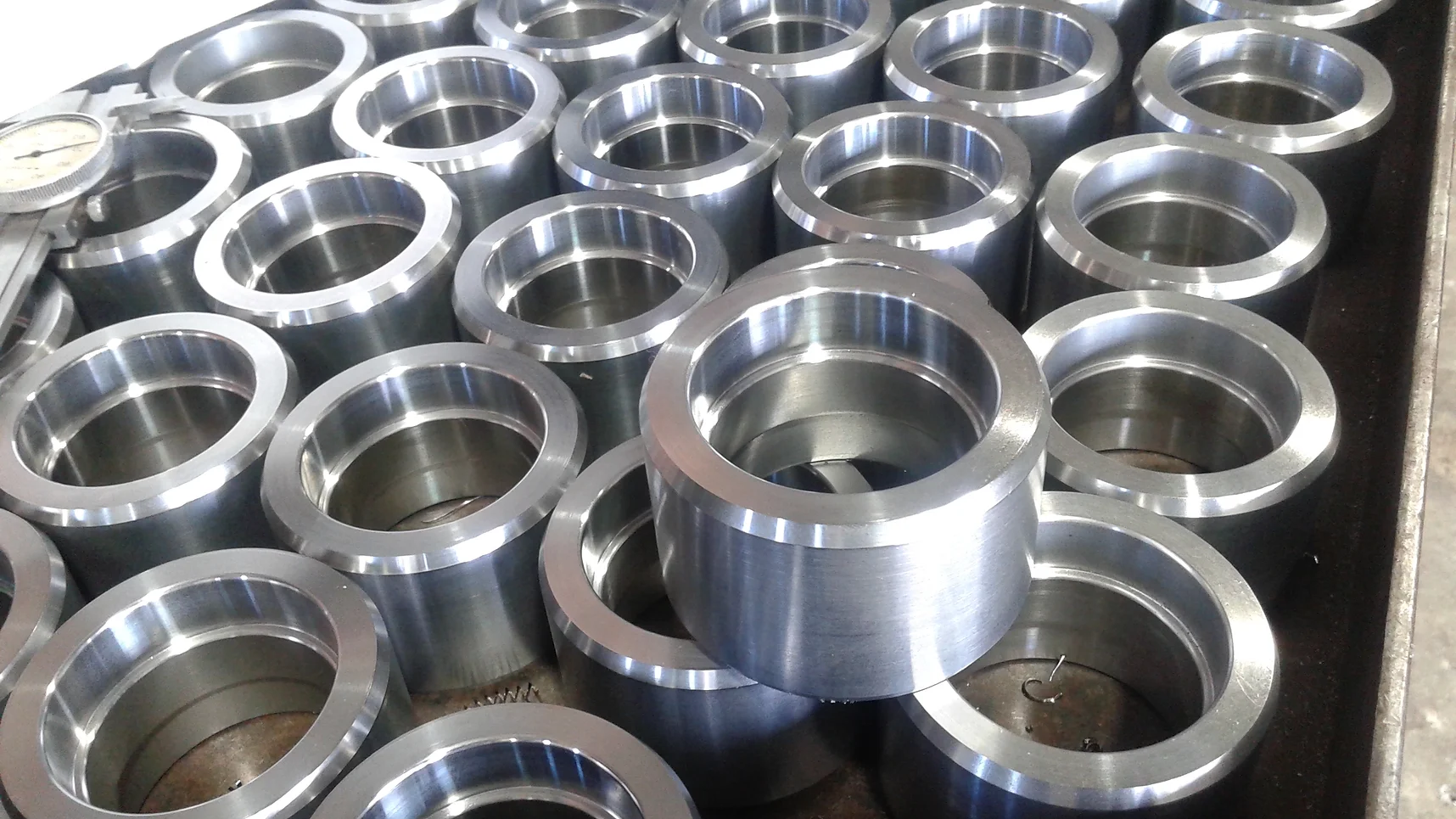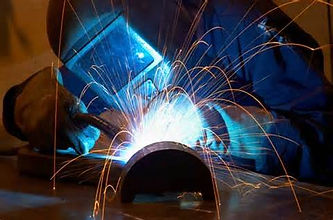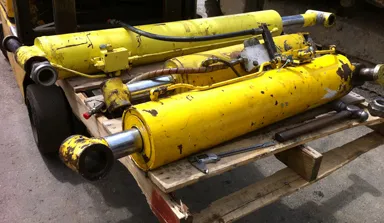CNC machining is at the heart of modern manufacturing, providing the high precision, reliability, and versatility needed for today’s most demanding industries. Understanding how CNC works, its unique advantages, and how clients can get the most out of their projects ensures better results for everyone involved.
What Is CNC Machining?
CNC, or Computer Numerical Control, machining is a manufacturing method where computers precisely control the movement of machine tools. These machines automatically cut, drill, mill, and shape materials like metal, plastic, or composites to create parts that meet exact specifications. Every movement is dictated by a digital blueprint, allowing for exceptional accuracy and consistency in finished products.
How CNC Machining Works
-
Design Phase: The process starts with a CAD (Computer-Aided Design) file, where the part’s dimensions and features are specified.
-
Programming: The CAD file is converted into machine-readable code, commonly called G-code and M-code, which instruct the CNC machine exactly how to move, cut, and shape the material.
-
Machining: The CNC machine follows these instructions to execute tasks such as milling, turning, drilling, or grinding, all with extremely tight tolerances.
-
Quality Control: Once machining is complete, the finished part undergoes careful quality checks to ensure it meets every requirement.
Advantages of CNC Machining
-
Exceptional Precision: CNC machines consistently hold tolerances far tighter than manual methods, ensuring every part is identical and meets exact requirements.
-
Efficiency and Speed: Automated operation allows for rapid production, supporting high volumes and fast turnaround times.
-
Flexibility: Easily programmable machines can switch between jobs or produce complex, customized parts quickly.
-
Repeatable Quality: The digital control and automation minimizes the chance of human error and maintains reliable quality run after run.
Real-World Applications
CNC machining is used in a wide range of industries including aerospace, automotive, medical devices, electronics, and more. Common applications include:
-
Engine components and housings
-
Medical implants and surgical tools
-
Aerospace brackets and fittings
-
Custom fasteners and connectors
-
High-performance prototypes and production parts
Tips for Clients: Getting the Best Results
-
Share Detailed Drawings: Provide as much information as possible in your CAD files. Include dimensions, tolerances, and materials.
-
Discuss Special Requirements: Inform your machine shop about any unique needs, finishes, or certifications required for the project.
-
Request Prototyping When Needed: For complex or critical designs, consider starting with a prototype to test fit and function before full-scale production.
-
Open Communication: Always maintain clear, proactive communication with your machining partner to clarify questions and align on expectations.
Why Choose Advanced Precision Machine?
At Advanced Precision Machine, bringing your ideas to life with quality, reliability, and efficiency is our core mission. Our skilled experts use state-of-the-art CNC equipment, advanced digital workflows, and strict quality control to deliver exceptional results—on time and on budget. No matter the complexity, industry, or volume, our team partners with you every step of the way to ensure your needs are met and your project is a success. Reach out today and experience precision machining delivered with professionalism and care!
